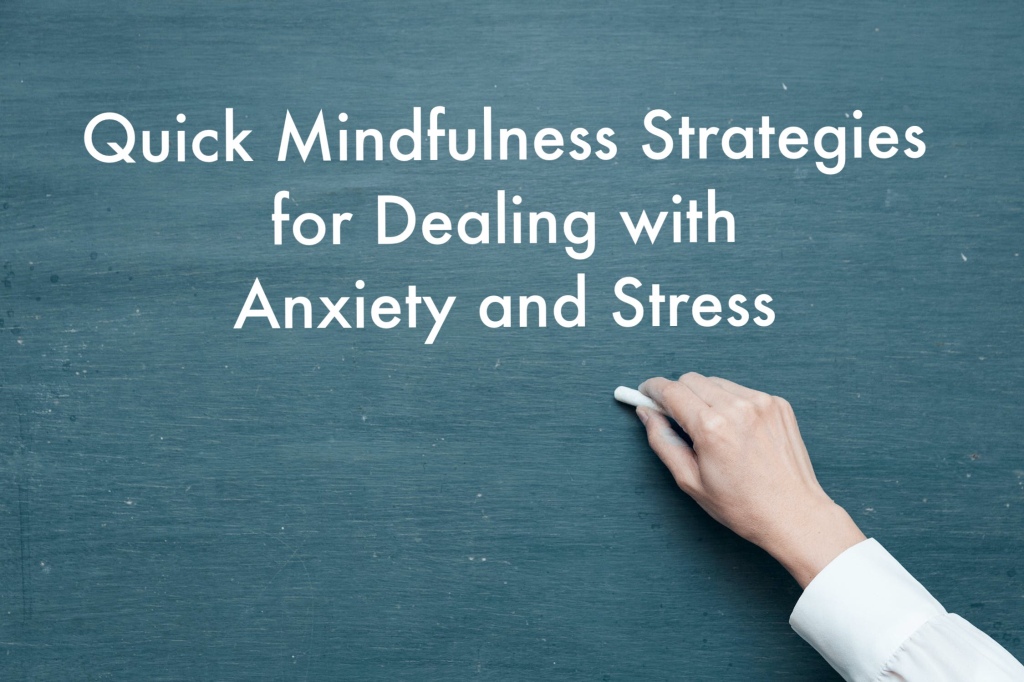
I woke up early this morning. It really was too early. I had an odd night with odd dreams and awoke in an equally odd world.
Being a Headteacher of a primary school during a pandemic has been the hardest thing I have had to do in my 12 years doing the job. I am not alone in this statement. Educators around the world have been thrust into the unknown without a parachute and have had to adapt and learn to fly. The mental health and well being of school staff have been pushed to breaking point.
To be honest, most of society is at breaking point. We are angry, tired and fed up. We see this manifesting in the ways that society as a whole has begun to behave and react which, in turn, puts us in more danger.
It is during these challenging times that I realise how important mindfulness is in my life. The little mindfulness strategies have been the best as I have been dealing with the anxiety over a pandemic and keeping children, families, staff and my own family safe. So, I thought I would share some Quick Mindfulness Strategies for Dealing with Anxiety and Stress.
Developing your own mindfulness will be good for your health and well-being and will support the health and well-being of your children.
Mindfulness is an integrative, mind-body based approach that helps people change the way they think and feel about their experiences, especially stressful experiences.
Many of us hold stress in our shoulders. As the day becomes more stressful, our shoulders become more tense and creep up towards our ears. It is like a primitive form of contracting our muscles to spring into the fight or flight mode. During the day, take a moment, without judgement, to relax your shoulders and accept the feeling of restfulness that accompanies the moment.
Shoulder Relaxation
– Breath deeply and, on the exhale, allow your shoulders to drop towards the floor as if someone is pressing them downward.
– Continue to breathe deeply for five breaths, allowing your shoulders to slightly rise on the inhale and then completely drop on the exhale.
– Recognise how the muscles feel in the shoulder and neck. Remember, do not judge the tension. Just recognise it is there and release the tension.
Do this at least five times during the day.
This is particularly useful technique to use when having to deal with situations that are escalating into an argument or emotional situation. I also encourage shoulder relaxation in basic deep breathing as part of the everyday practice.
Top Tip: If you think you may forget to practice this strategy, set five gentle sounding alarms on your phone for the day as a reminder to give yourself a time out.

Leave a comment